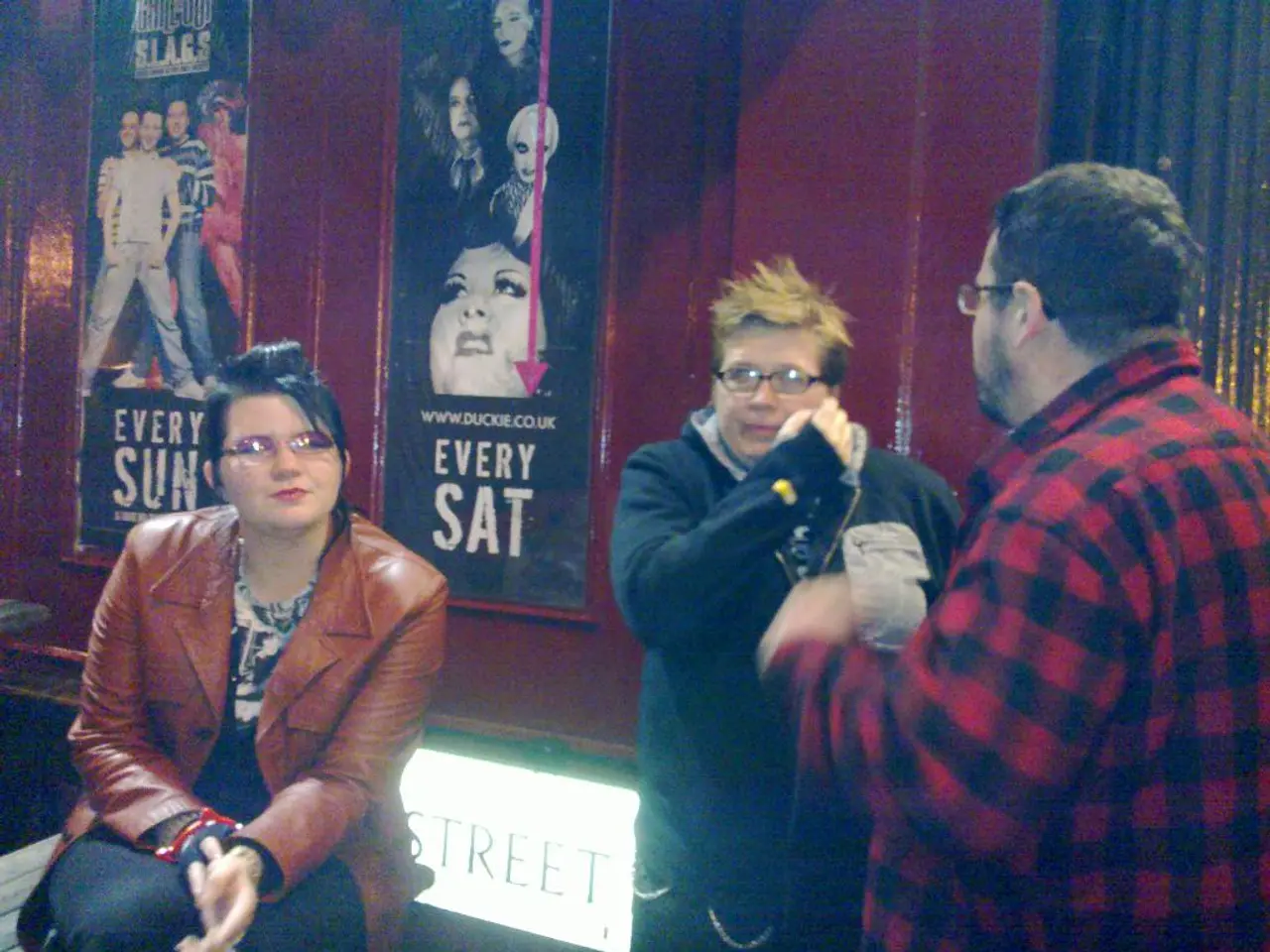Top Ten Dan Aykroyd Movies You Simply Cannot Miss
Dan Aykroyd's Cinematic Journey: A Comedy Legend
Dan Aykroyd, a Canadian-American actor and comedian, has left an indelible mark on the world of cinema with his contributions to comedy films. His career spans over four decades, during which he has demonstrated versatility, creativity, and a knack for blending different genres to create unique and memorable characters.
Aykroyd's breakthrough role came in 1980 with the release of "The Blues Brothers," a film that brought music and comedy together in a way never seen before. His creation and co-writing of "Ghostbusters" (1984) introduced a genre-mixing success, combining paranormal elements with comedy and special effects. This film has become a template for many modern comedic blockbusters.
In "Trading Places" (1983), Aykroyd's performance showcased social commentary wrapped in humor, a style that continues to shape comedy films addressing cultural and economic themes. His partnerships with fellow comedians like John Belushi and Chevy Chase helped establish a legacy of strong comedic duos and ensembles in film.
Aykroyd's screenwriting credits include "Spies Like Us" (1985), a film that demonstrated his co-writing capacity, and "Coneheads" (1993), an SNL-to-film adaptation that showcases the challenges of such projects.
One of Aykroyd's most memorable performances came in "Grosse Pointe Blank" (1997), where he portrayed the menacing adversary, Grocer. His deadpan menace, physical restraint, and corporate satire amplified psychological intimidation and critiqued organizational bureaucracy within assassination circles.
Aykroyd's range as an actor is evident in his performances in films like "My Girl" (1991), where he portrayed Harry Sultenfuss, a mortician with a calibrated performance that anchored the film's exploration of childhood grief processing with understated dramatic restraint. In "Driving Miss Daisy" (1989), Aykroyd navigated Southern culture's racial tensions through understated performance choices.
Aykroyd's character in "The Great Outdoors" (1988) operated through performative superiority, constructing nature humor through systematic disruption by colliding urban sensibilities with wilderness protocols. In "The Great Outdoors," Aykroyd's character Roman Craig weaponized wealth disparities within confined spatial parameters, transforming family dynamics into sociological commentary and vacation into microcosmic class warfare.
Dan Aykroyd's cinematic contributions establish benchmarks for comedy-drama synthesis that continue influencing contemporary filmmaking paradigms. His Academy Awards nomination history reflects one recognition: Best Supporting Actor for "Driving Miss Daisy" (1989). Aykroyd's work helped define 1980s comedy cinema by blending intelligent writing, genre fusion, and strong ensemble casts, deeply influencing contemporary filmmaking approaches in comedy.
In Dan Aykroyd's sprawling career, he showcased his versatility by venturing into various entertainment realms, like movies-and-tv such as "Driving Miss Daisy" and "The Great Outdoors." Aykroyd's groundbreaking work in television, including SNL and "Coneheads," further solidified his status as an entertainment icon.






